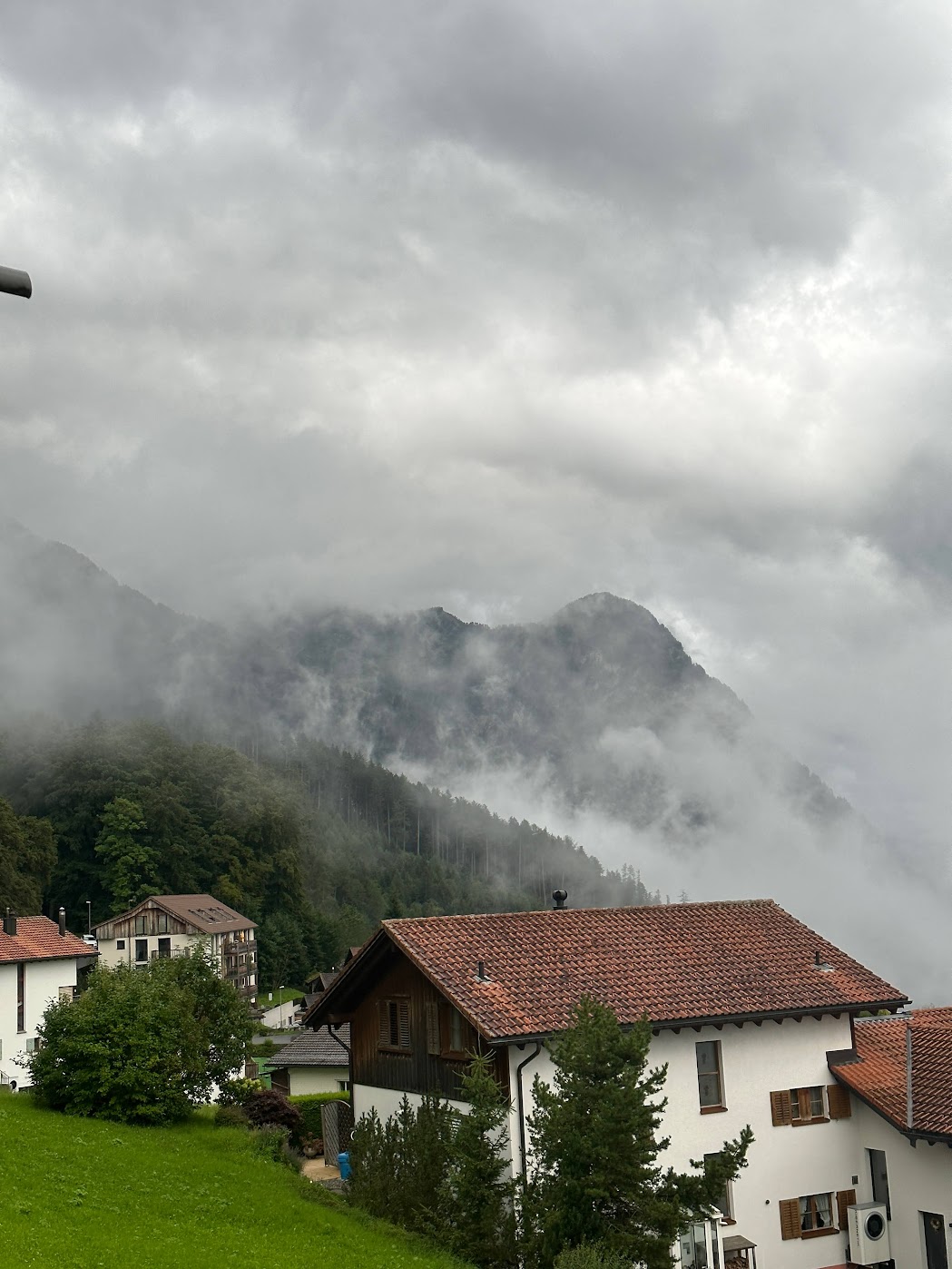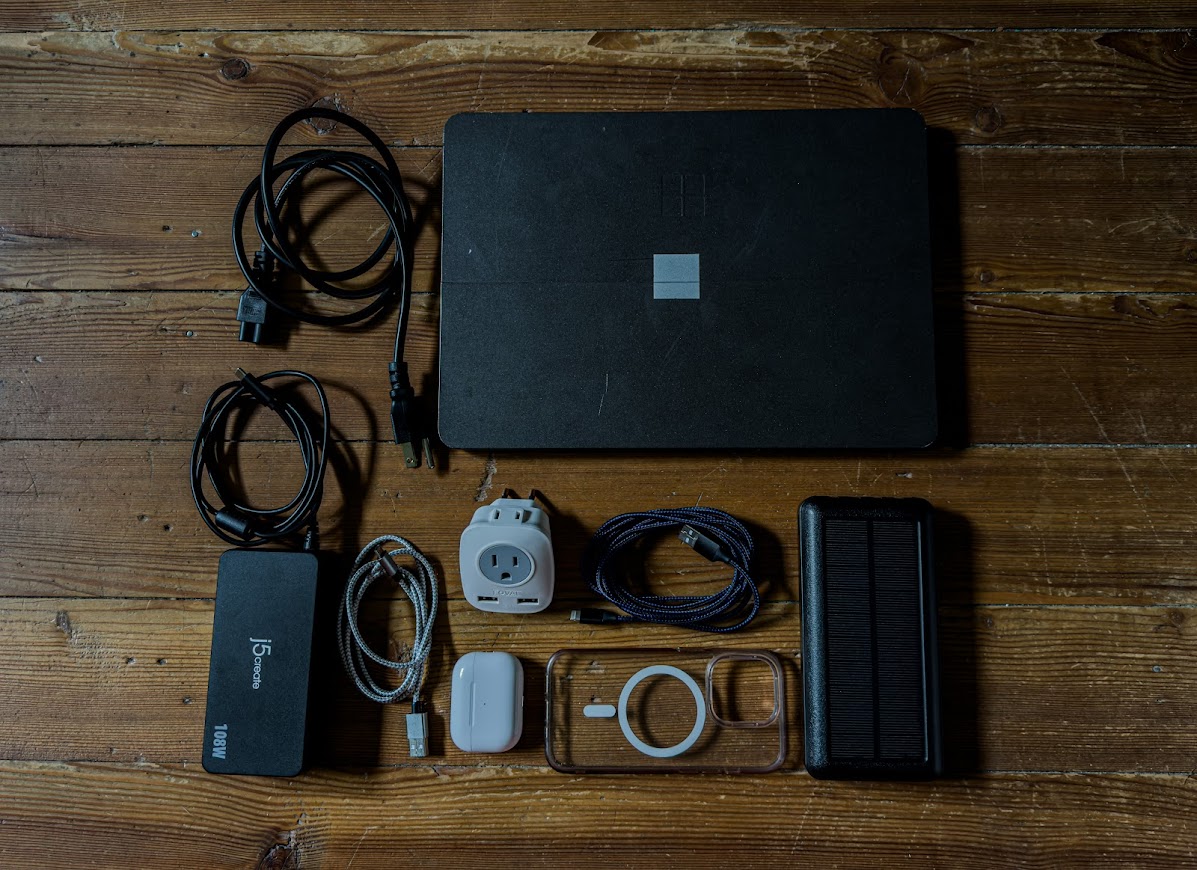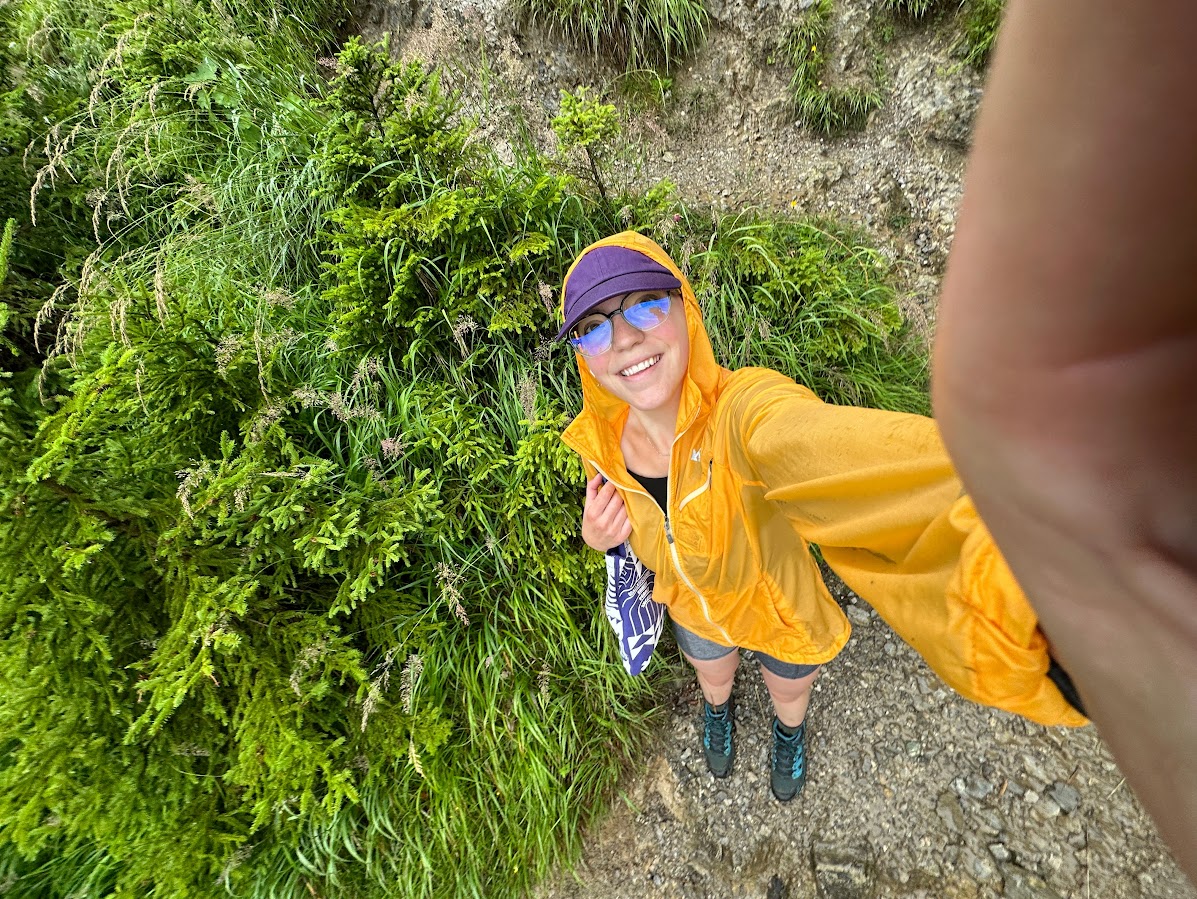If you want to travel more often, you need a budget. Budgeting will allow you to travel more with the money you save over time! You can have a travel budget outline that works for every individual trip. This will keep you organized and ensure that you can make the most out of your trip. Here are some of the major benefits of having a travel budget:
- Helps you to prioritize expenses: With a travel budget, you can make sure your expenses are prioritized. Basically, it makes sure that you are spending money on what you want to be spending money on. Sometimes, we look back at our spending history and say “I had no idea I spent THAT MUCH on _____!” Having a budget will prevent this from happening.
- Enables you to save more money: A travel budget will identify where and how you can cut costs on a trip without sacrificing fun! You can research cheaper accommodation options, eat at local restaurants rather than tourist traps, and take advantage of tourist deals (such as free tours and ticket deals).
- Reduces stress: One of the most stressful things is realizing you’ve spent more than you can afford. With a travel budget, you can set those boundaries months ahead of time. You will know exactly how much money you have to spend. This will reduce your stress and anxiety before, after, and during the trip. Why worry about your finances when you could focus on enjoying your vacation time?
- Helps you stay on track: A travel budget will keep your spending organized and anticipated, rather than letting you fly by the seat of your pants. And if you still want the option to spend some cash spontaneously – just put a “free spending” section in your travel budget!
- Enables you to travel more: By using a travel budget, your money will go a lot further. You’ll be able to plan for more trips (and more expensive trips) because you were thoughtful about your spending. You’ll be able to experience new destinations and cultures without breaking the bank every time.


Forming Your Budget Outline
Setting travel goals
Setting travel goals is an important step in making your ideal travel budget. It helps you focus your efforts on achieving what you set out to do on your trips! Not only does setting specific goals mean better results, but you will also be able to allocate your resources more effectively.
Your travel goals could be anything – from learning a new language to experience a particular culture, make sure your travel goals are meaningful to you. You may want to visit a specific landmark or city; whatever it is, make sure it’s also realistic and specific. You’ll then get the satisfaction of achieving those goals and checking them off your bucket list.
Researching potential travel destinations
When you research potential travel destinations, you always need to consider climate, culture, language, entertainment, and cost. Using travel blogs (like this one) can give you a ton of different experiences and perspectives on the places you want to go. Reading guidebooks and finding travel guides online can give you detailed information about what you can do (and how). Doing this research can increase the likelihood that you’ll pick the right destination for your interests and budget, and that you have an enjoyable trip overall.

Breaking Down the Costs
Transportation costs
Traveling, whether it’s domestically or internationally, can easily become a huge expense (and a major percentage of your overall trip spending). If you want to effectively budget for transportation costs, think about these key factors:
Choose your mode of transportation. Your budget will be greatly impacted by the transportation you decide on. Flying, while fast and convenient, is also often the most expensive. On the other hand, taking a bus or train might be more affordable, yet time-consuming. Additionally, renting a car or using rideshare services are convenient (but less cost-effective) options.
Consider the distance and frequency of your travel. If you plan to travel shorter distances more often, using public transportation or walking can be more cost-effective. This is especially true in larger cities. If you need to cover more distance during your trip, purchasing a ticket bundle or travel pass may end up saving you money in the long run.
Research and compare prices from different providers. This can include comparing airline ticket prices, rental car rates, and public transportation costs. There are a ton of online tools and booking platforms that can help you find the best deals. Unfortunately, you may need to use multiple different platforms to maximize your savings.
Factor in any additional costs. Make sure that you’re aware of parking fees, tolls, and gas expenses throughout your trip. These can add up quickly and impact your overall budget.


Accommodation costs
Accommodation is one of the most expensive things you will be paying for on your trip. But don’t give up just yet – you can still save a ton of money overall. With some thoughtful budgeting and planning, you can find amazing deals and opportunities online. Use these tips to save on accommodation:
Determine how much you can afford. The first thing to do is start with a budget in mind. If you have a spending limit for your stays, you are more likely to stick to it (or even spend less). You might need to adjust the budget as you plan. With this budget (an average daily budget for accommodations), you can definitely avoid overspending.
Look for deals and discounts. There are a lot of websites and apps that offer discounted hotel rooms, vacation rentals, and tourist deals. I would open a bunch of webpages at once so that you can compare prices and fees to get the best deal.
Consider alternative accommodations. Although hotel rooms are what you might normally think to book on vacation, there are a few other options to consider. I love using Airbnb, especially when I’m travelling with a larger group of people. You can book an entire house and split it amongst the group! Booking an Airbnb or vacation rental can also give you more privacy than a hotel could.
Hostels are popular places for backpackers and budget travelers. They can be super cheap; if you’re on a tight budget, you can even book a single bed in a dorm room with other travelers. Some hostels also include complimentary breakfast in a social dining area. You are also more likely to make new friends from all over the world in a hostel.
Choose your location wisely. Most people want to stay close to major tourist attractions, so accommodations nearby will be the most expensive. High demand means high cost! To save money, try staying outside of the city or further away from popular areas. If you do this – just make sure the cost of transportation won’t outweigh your savings.
Plan ahead. If you’re flying internationally, it’s your best bet to book 6 months in advance or more. The closer you are to your travel day, the more expensive tickets are going to be. You have a bit more flexibility when it comes to travelling within your country. Also – things are simply going to be less expensive if you choose NOT to go during peak travel times. Do your best to avoid summertime prices by booking ahead. If you can travel during the fall or spring, it will often be a lot more expensive.

Food and drink expenses
Food and drink expenses can add up quickly and become a significant part of your overall travel budget. However, with proper planning and budgeting, you can save money on your food and drink expenses without sacrificing the quality of your meals. Here are some tips for budgeting for travel food and drink expenses:
Set a daily food budget. Before you start your trip, determine how much you can afford to spend on food and drinks each day. This will help you avoid overspending and keep track of your expenses.
Avoid eating out for every meal. Eating out for every meal can be expensive. Consider packing snacks or buying groceries to make your own meals, especially for breakfast and lunch.
Look for local deals and discounts. Research local restaurants and bars that offer deals and discounts. You can also download apps that offer discounts or loyalty rewards for frequenting certain establishments.
Eat like a local. Eating at local eateries and street food stalls can be a great way to save money and experience the local culture. These options are often more affordable than touristy restaurants.
Be mindful of drinks. Alcoholic drinks can be one of the biggest expenses when traveling. Consider limiting your alcohol consumption or buying drinks from a local store to enjoy in your accommodation.


Entertainment expenses
The entertainment you choose to indulge in depends on the type of trip you’re going on. Whether you are traveling for business or pleasure, it’s important to have a plan in place for how you will spend your money on entertainment:
Decide what types of activities you want to do on your trip. This could include sightseeing, dining out, attending shows or concerts, or participating in adventure activities. Once you have a general idea of what you want to do, you can start to research the costs of these activities in the area you will be visiting.
Set a budget for your entertainment expenses. This should be based on your overall travel budget and take into account any other expenses you will have, such as transportation and accommodation. You should also factor in any discounts or deals you may be able to take advantage of, such as group rates or coupons.
Be realistic about your entertainment budget and to prioritize the activities that are most important to you. You may need to make some trade-offs and cut back on some activities in order to stay within your budget.
Track your spending while you are traveling to ensure that you stay within budget. You can do this by keeping receipts or using a budgeting app on your phone. By staying on top of your spending, you can ensure that you have a great time on your trip without breaking the bank.

Miscellaneous expenses
Be careful not to overlook the miscellaneous expenses that can add up quickly. These expenses can include things like souvenirs, tips, laundry services, and unexpected costs such as lost luggage fees or medical expenses. Once you have the rest of your budget figured out, you can allocate a percentage of it towards miscellaneous expenses. A good rule of thumb is to allocate around 10-15% of your total budget towards miscellaneous expenses.
Create a list of common expenses and estimate the cost for each. For example, you may estimate that you will spend $50 on souvenirs, $20 on tips, and $30 on laundry services. By estimating these costs ahead of time, you can better allocate your budget and avoid overspending.
Have a contingency fund in case of unexpected expenses. This can be a small amount of money set aside specifically for unexpected expenses that may arise while traveling. By having a contingency fund, you can avoid having to dip into your other budget categories in case of an emergency.
Keep track of your miscellaneous expenses while traveling. This can be done using a budgeting app or simply by keeping receipts. By staying on top of your expenses, you can avoid overspending and ensure that you stay within your budget.


Monitoring and Adjusting the Travel Budget
Tracking expenses
Tracking expenses while traveling can be challenging, but it’s essential to stay within your budget and avoid overspending. Here are a few tips for tracking expenses while traveling:
Use a Budgeting App. Use a budgeting app to track your expenses in real-time. These apps can sync with your bank account, credit card, or other financial accounts, making it easy to categorize and track expenses as you go.
Keep Your Receipts. Keep all receipts, even for small purchases. This can help you remember what you spent money on and make it easier to categorize expenses when you return home.
Create a Spreadsheet. Create a spreadsheet to track expenses manually. This can be especially helpful if you don’t have access to a budgeting app or if you prefer to track expenses offline.
Categorize Expenses. Categorize expenses by type such as food, transportation, accommodations, and activities. This can help you see where you’re spending the most money and where you can cut back.
Set a Daily Budget. Set a daily budget for your trip and track your expenses to ensure you’re staying within that budget. This can help you adjust your spending habits if necessary.
Review Your Expenses Regularly. Review your expenses regularly to ensure you’re staying on track with your budget. This can help you make adjustments as needed and avoid overspending.


Sticking to the budget
It’s essential to avoid overspending and ensure a comfortable and enjoyable trip. Do this to stick to your travel budget:
Set Realistic Expectations. Set realistic expectations for your trip, including your accommodations, activities, and food expenses. This will help you create a more realistic budget.
Plan Ahead. Plan your trip ahead of time, including all expenses you expect to incur. This will help you avoid unexpected expenses and ensure you stay within your budget.
Prioritize Your Spending. Prioritize your spending by deciding what’s most important to you. For example, you may want to splurge on accommodations but save on food expenses.
Keep Track of Expenses. Keep track of your expenses using a budgeting app, spreadsheet, or by keeping all receipts. This will help you see where you’re spending the most money and where you can cut back.
Use Cash. Consider using cash for daily expenses as it can help you avoid overspending on credit cards.
Look for Deals and Discounts. Look for deals and discounts on activities and attractions, such as free admission days or discount codes.

Adjusting the budget as needed
If you should realize anytime that you might want to reconsider your travel budget, try these tricks:
Reassess Your Budget. Take a moment to reassess your budget and see if it’s realistic for your current spending habits. If not, make necessary adjustments.
Cut Back on Non-Essential Expenses. There are many ways to cut back on non-essential expenses, such as eating out at expensive restaurants or purchasing souvenirs that are beyond your budget.
Look for Deals and Discounts. You can often find great discounts on activities and attractions, such as discounted admission prices or group rates.
Change Your Travel Plans. If you find that you’re spending more than you anticipated, consider changing your travel plans. For example, you may want to stay in less expensive accommodations or cut back on activities to save money.
Find Alternative Transportation. Think about finding alternative transportation options such as taking public transportation instead of taxis or renting a bike instead of a car.
Use Credit Card Rewards. If you have credit card rewards, consider using them to offset some of your travel expenses.


In Conclusion
Using a travel budget can provide financial awareness, control, help you avoid overspending, plan ahead, save money, and reduce stress while traveling. Why not start planning your next trip today with a travel budget in mind?
For more travel and adventure tips, read about:



